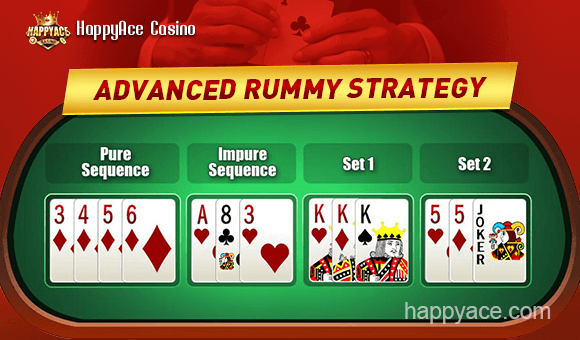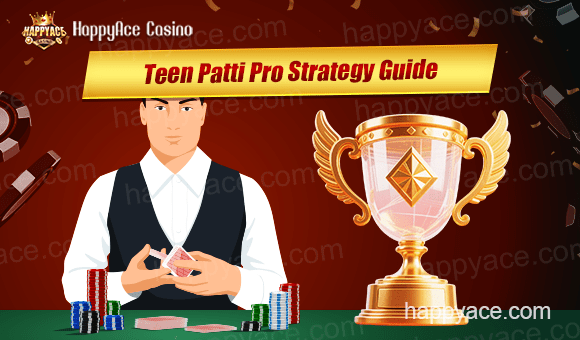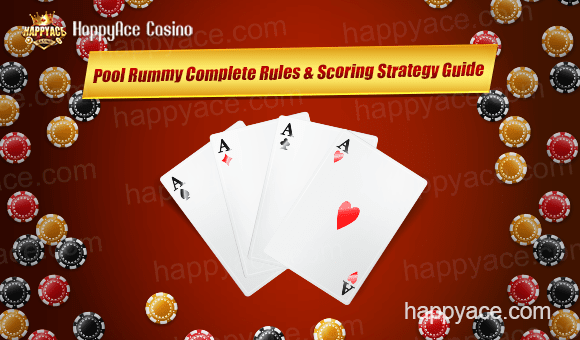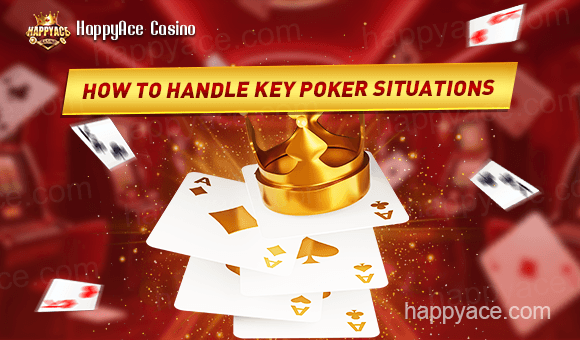
1. Build and Manipulate Your Table Image
Your table image is how opponents perceive you. If they think you are tight, you can use that to bluff effectively. If they see you as aggressive, you can extract value when you actually hold strong hands. On HappyAce cash tables, players often come from varied backgrounds—some cautious, others risk-prone. By observing and adjusting your own image, you create confusion and force mistakes.
2. Spot Tells and Behavioral Patterns
Even in online games, players leave psychological footprints. Look for:
- Bet sizing patterns - sudden overbets may signal weakness or desperation.
- Timing tells - quick checks may reveal disinterest, while long pauses could indicate uncertainty.
- Consistency - players who act the same way in strong and weak situations are rare; most eventually show patterns you can exploit.
3. Aggression vs. Slow Play: Choosing the Right Weapon
Aggression through betting and raising applies constant pressure. Many Indian players, especially newer ones, dislike folding and may call with weak holdings—perfect for extracting value when you are strong. On the flip side, slow play can trap overly aggressive players, encouraging them to build the pot for you. Mastering the balance keeps you unpredictable.
4. Bluffing: The Art of Deception
A well-timed bluff can win pots even when your cards are weak. The key is credibility. For example:
- Bluff when the community cards strongly favor your perceived range.
- Avoid bluffing against opponents who never fold.
5. Controlling Emotions and Avoiding Tilt
Poker is as much about emotional control as technical skill. Tilt—playing emotionally after a loss—is the enemy of good decision-making. Whether it's a bad beat or a string of unlucky hands, learn to:
- Take short breaks.
- Breathe and reset your mindset.
- Remember poker is a long-term game.
6. GTO as a Foundation, Adaptation as the Key
Game Theory Optimal (GTO) provides balance—you defend enough so opponents cannot easily exploit you. But in Indian online games, many players deviate significantly from theory. This is where your psychological adjustments matter most. If someone calls too much, value bet more. If they fold too often, bluff more. Use GTO as a baseline but profit from observation.
7. Strengthen Mental Endurance
Long cash sessions demand focus and stamina. Fatigue leads to poor reads and rushed decisions. To stay sharp:
- Hydrate and take short breaks.
- Review key hands regularly.
- Set realistic goals for each session.
8. Induce Opponent Mistakes
At the heart of poker psychology is this truth: you profit when your opponents make mistakes. Whether that's calling when they should fold, or folding when they should call, your goal is to nudge them into error. You achieve this by mixing strategies, creating doubt, and applying pressure at the right time.
9. Why HappyAce.com App is Ideal for Psychological Poker
HappyAce offers Indian players a trusted platform to practice these tactics in real cash games. Its features include:
- Diverse opponents: from beginners to seasoned grinders, giving you opportunities to apply psychological reads.
- Secure gameplay: focus fully on strategy without worrying about fairness.
- Cash game variety: perfect for honing observation and mind games in every hand.
10. Recap: Your Psychological Toolkit
| Tactic | Purpose |
|---|---|
| Table Image | Control how opponents perceive you |
| Behavioral Observation | Spot patterns, timing, and bet clues |
| Aggression & Slow Play | Pressure weak hands, trap strong ones |
| Bluffing | Win without the best hand |
| Tilt Control | Stay rational after losses |
| GTO + Adjustment | Build balance, then exploit tendencies |
| Mental Endurance | Stay sharp over long sessions |
| Inducing Mistakes | Push opponents into wrong moves |











